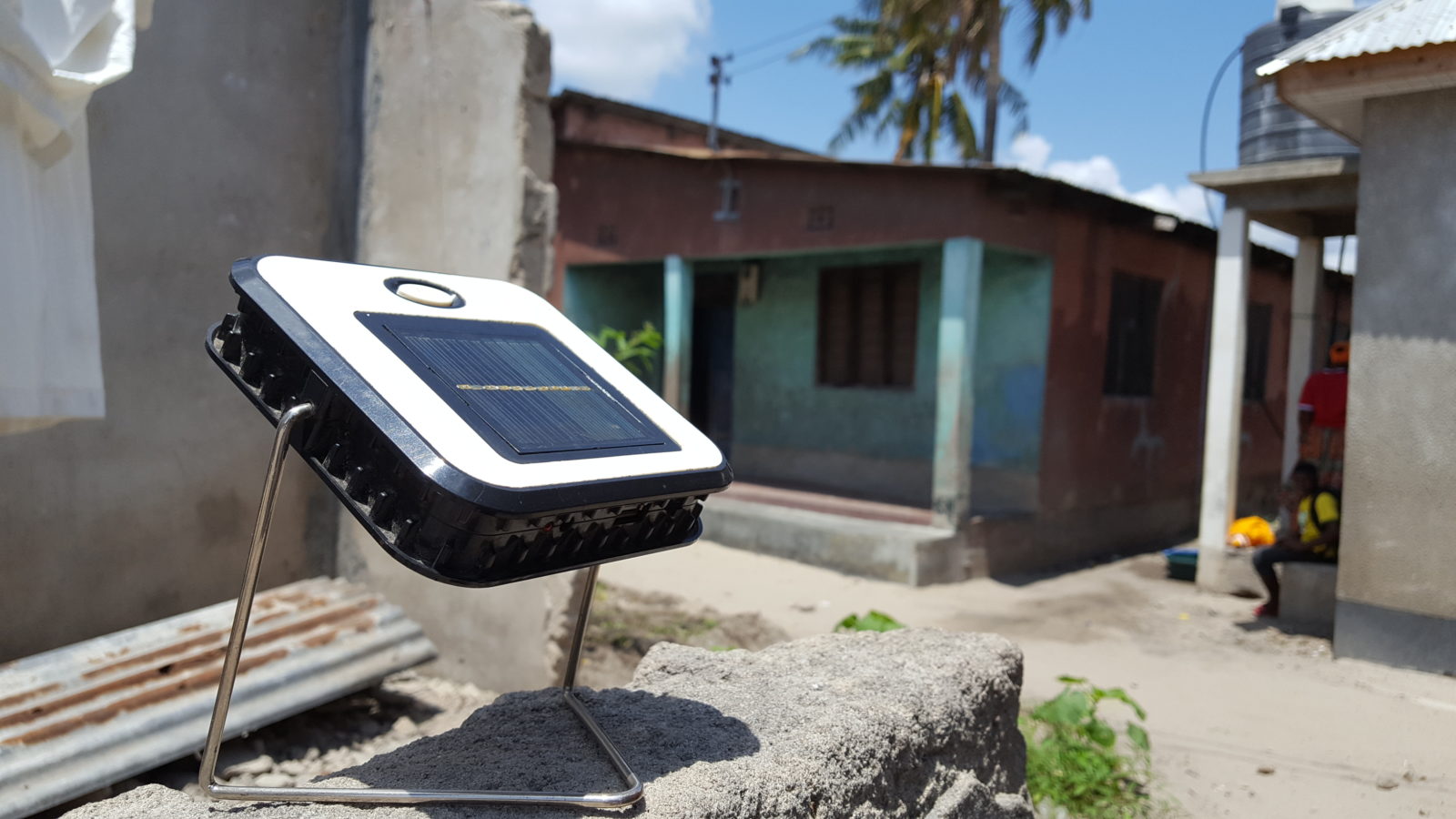Publications
New Journal article in Energy Research & Social Science
Rethinking energy transitions in Southern cities: Urban and infrastructural heterogeneity in Dar es Salaam
Despite increasing attention to the complex geographies of energy supply and use in Southern cities, energy research is still largely focusing on energy transitions evolving either through homogeneous, networked electricity or heterogeneous constellations in poor neighborhoods. Central to this research are analytical concepts used to explain energy transitions in Northern cities, such as the notion of socio-technical regimes. In this paper, we argue for a better recognition of the realities of cities in the Global South, including their diverse urban development patterns. Bringing together debates on heterogeneous urban infrastructures and energy transitions, we propose a novel analytical framework that systematically captures urban and infrastructural heterogeneity to better understand energy systems and their transitions in growing Southern cities.
Drawing on a case study on Dar es Salaam, Tanzania, we develop a spatial typology of electricity constellations using three analytical dimensions: delivery channels, the neighborhood scale, and the urban scale. Based on in-depth studies of six distinct local development types, we reveal spatially heterogeneous electricity constellations and their interplay within the city. We argue that debates on urban energy transitions in academia and policy practice need to more systematically address the diverse urban development patterns within Southern cities, their co-evolution with place-based electricity constellations and their context-specific challenges and opportunities.


